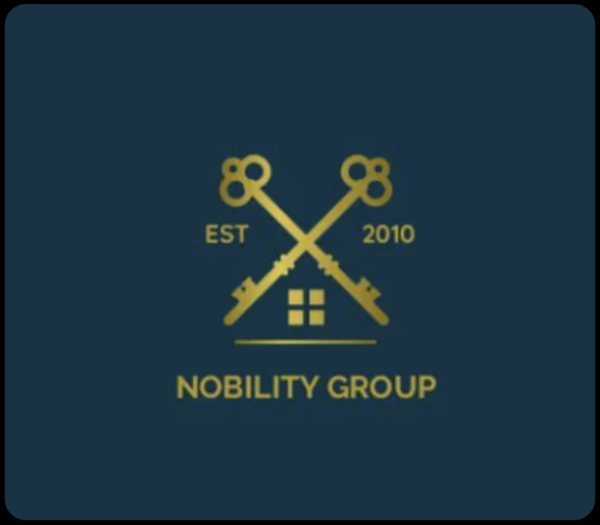
Personal Branding: Building Your Unique Identity for Success
Share
Personal Branding: Building Your Unique Identity for Success
Personal branding is the process of creating and promoting a unique and authentic image that represents who you are, what you stand for, and the value you bring to others. Whether you're an entrepreneur, professional, or influencer, a strong personal brand sets you apart in your industry, builds trust, and opens doors to new opportunities.
What is Personal Branding?
Personal branding involves showcasing your skills, values, experiences, and personality in a way that resonates with your target audience. It’s about telling your story, crafting your professional identity, and building a reputation that reflects your goals and expertise.
Why Personal Branding Matters:
- Differentiation: Stand out in a competitive market by highlighting your unique strengths.
- Credibility: Establish yourself as an authority in your field.
- Opportunities: Attract partnerships, clients, or career advancements.
- Trust: Build lasting relationships with your audience and network.
- Visibility: Increase your reach and influence across platforms.
Key Elements of Personal Branding:
-
Defining Your Identity
- Identify your core values, strengths, passions, and skills.
- Determine your unique selling proposition (USP) that sets you apart.
-
Crafting Your Story
- Create a compelling narrative that communicates who you are and what you stand for.
- Use storytelling to connect emotionally with your audience.
-
Establishing an Online Presence
- Build a professional website or portfolio that showcases your work.
- Use social media platforms to share your expertise and engage with your audience.
- Optimize your profiles with consistent visuals, messaging, and branding elements.
-
Content Creation
- Share valuable content that aligns with your expertise, such as blog posts, videos, podcasts, or infographics.
- Focus on solving problems, educating, or inspiring your audience.
-
Networking and Collaboration
- Connect with like-minded professionals and participate in industry events.
- Collaborate with others to expand your reach and credibility.
-
Reputation Management
- Monitor and maintain your online presence by responding to feedback and staying consistent with your messaging.
- Address any negative perceptions professionally and proactively.
-
Consistency and Authenticity
- Be genuine and consistent across all platforms and interactions.
- Align your personal brand with your long-term goals and vision.
Benefits of Personal Branding:
- Career Growth: Attract job offers, promotions, or leadership roles.
- Business Success: Build trust and loyalty among clients and customers.
- Increased Influence: Position yourself as a thought leader or influencer in your niche.
- Greater Confidence: Gain clarity on your strengths and value, leading to increased self-assurance.
Tips for Building a Strong Personal Brand:
- Be Clear and Focused: Avoid trying to appeal to everyone; target a specific audience.
- Stay Consistent: Maintain a uniform message, tone, and visual identity across all platforms.
- Evolve Over Time: Adapt your brand as you grow personally and professionally.
- Be Proactive: Regularly engage with your audience and contribute to your industry.
Personal branding is not just about self-promotion; it’s about building a meaningful and lasting impact. With a strategic and authentic approach, personal branding can help you achieve your professional goals and create a legacy that reflects your true self.
